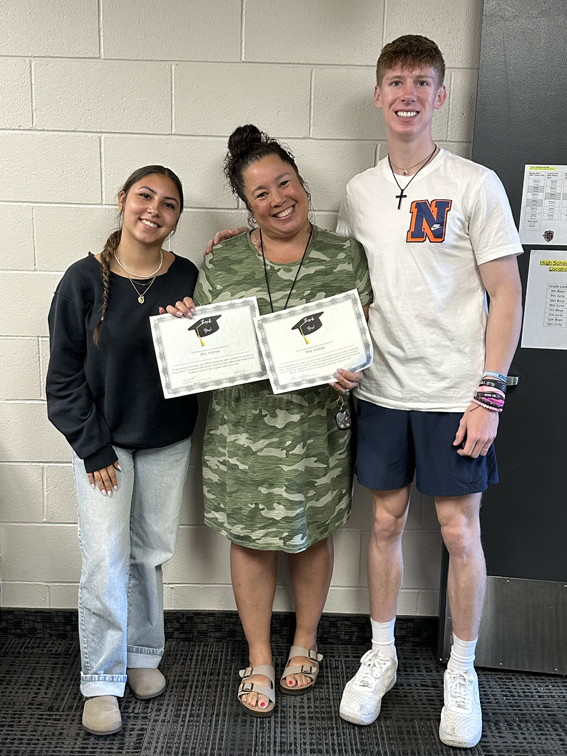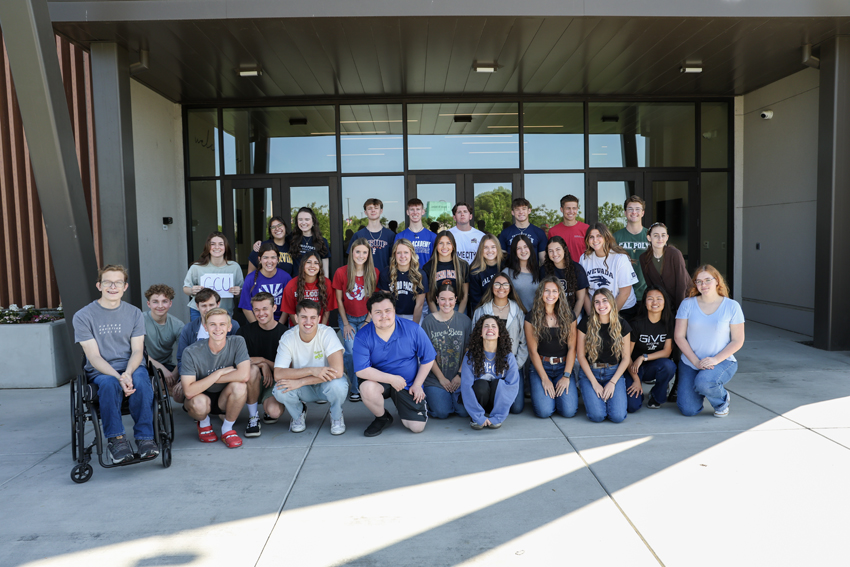After receiving new computers as gifts during the holidays, many people are unaware of how to replace their out-of-date PCs or Macs. Not only do people have to decide what kind of new computer they need, but also what to do with their old, unneeded computer.
“When I got a new computer this past Christmas vacation I didn’t know what I was going to do with my old one,” Derek George, ’06, said. “I wasn’t sure if I could throw it in the trash or not.”
According to the Electronic Waste Recycling Act, as of Jan. 1, families who decide to get rid of their old or broken computers will have to make the extra effort to get their computer fixed and give it to charity or else they must take the computer to a recycling center. Go to www.dtsc.ca.gov/ for more information on this act.
“On Jan.1 California’s new law, stating that people cannot throw away their computers but have to recycle them, took effect,” Rick Barbezat, owner of E Waste Solutions, said. “People have to start taking their computers to stores that will fix them or to recycling centers that can recycle and reuse the parts.”
E Waste Solutions is a Fresno organization that picks up computers or TV screens that landfills will not.
Many do not realize that computers contain lead that is toxic and can harm people when thrown in the trash.
“The lead in computers protect people from the radioactive rays coming out of the monitors,” Barbezat said.” Landfills do not accept the computers because the lead is harmful to people when it gets into the water source.”
The Institute of Technology [I of T], a school in Clovis, takes computers that have minor errors, fix them, and donate the fixed computers to needy students at the school.
“We take old or semi-operational computers and rebuild them,” Greg Brown, [I of T’s] information services manager, said. “It’s a great hands-on experience for our computer repair class. The fixed computers are usually used in our classrooms, but if they can’t be used we donate them to students who need computers.”
The National Cristina Foundation [NCF] matches old computers with people who need and can use the computers. The foundation gives the donors addresses where the computers will be sent and how much the shipping will cost. Parents and students can learn more about NCF by visiting www.cristina.org.
The California’s new electronic waste recycling program will go effect on July 1. Consumers will start paying a surcharge of $6 to $10 when buying computers and products that contain hazardous materials. The fee will be used to take apart computers and recycle the old parts.
For more information on the new computer-recycling program go to www.ciwmb.ca.gov/electronics/.






